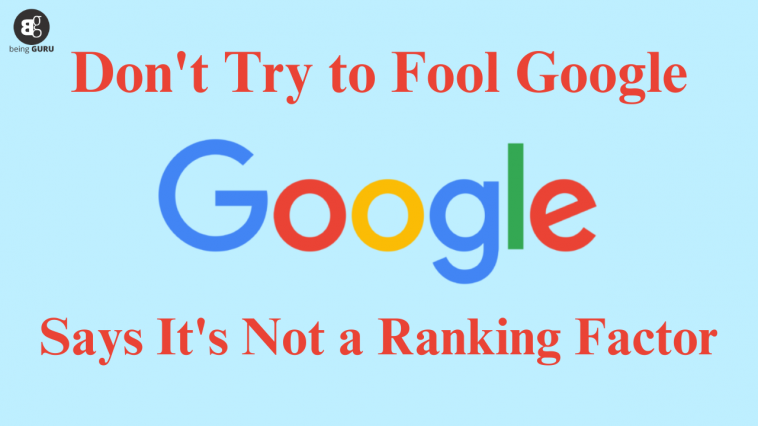Gary Illyes from Google recently discussed why Google places less trust in signals controlled directly by site owners and SEOs. His insights, shared during a live interview at a search conference in May 2024, shed light on what site owners and SEOs should prioritize when optimizing websites.
The interview, though largely overlooked, holds valuable information for digital marketers regarding how Google ranks web pages. One of the topics addressed was authorship signals. SEOs have long fixated on authorship, following Google’s advice to consult the Search Quality Raters Guidelines to understand ranking aspirations. However, this advice was sometimes misinterpreted, leading to SEOs mining the guidelines for ranking signals.
The concept of EEAT (Expertise, Experience, Authoritativeness, and Trustworthiness) emerged as perceived signals Google’s algorithms prioritize. This led to the belief that authorship signals played a crucial role in rankings. While Google did provide a means for site owners and SEOs to convey metadata about webpage authorship, the company ultimately abandoned this initiative.
Illyes’ remarks underscore Google’s cautious stance toward signals directly influenced by SEO tactics. Instead, he emphasized focusing on elements that genuinely enhance user experience and content quality to achieve better SEO outcomes.
Read more: AI vs. Humanity — Why Humans Will Always Win In Content Creation
SEO-Controlled Markup Is Untrustworthy
Gary Illyes of Google recently addressed concerns about authorship signals and promptly indicated that SEO-controlled markup on web pages often tends to become spammy and thus untrustworthy.
In response to a question about the potential revival of authorship features, Illyes expressed hesitation:
“I don’t know of any such plans, and honestly, I’m not enthusiastic about anything like that, especially similar to what we had from 2011 to 2013 because essentially any markup accessible to SEOs and site owners can be somewhat spammy.”
Illyes elaborated further, noting that both SEO and author-controlled markup do not serve as reliable signals:
“Generally, these are not reliable signals. This is why rel-canonical, for instance, is a hint rather than a directive. Similarly, a meta description is not a directive but something we might consider, and so forth. Introducing something akin to authorship would, in my opinion, be a mistake.”
Understanding the limitations of SEO-manipulated data is crucial, as many in the field of search marketing attempt to influence Google by using fake author profiles, reviews that appear genuine but are not, and metadata crafted specifically to target keywords.





